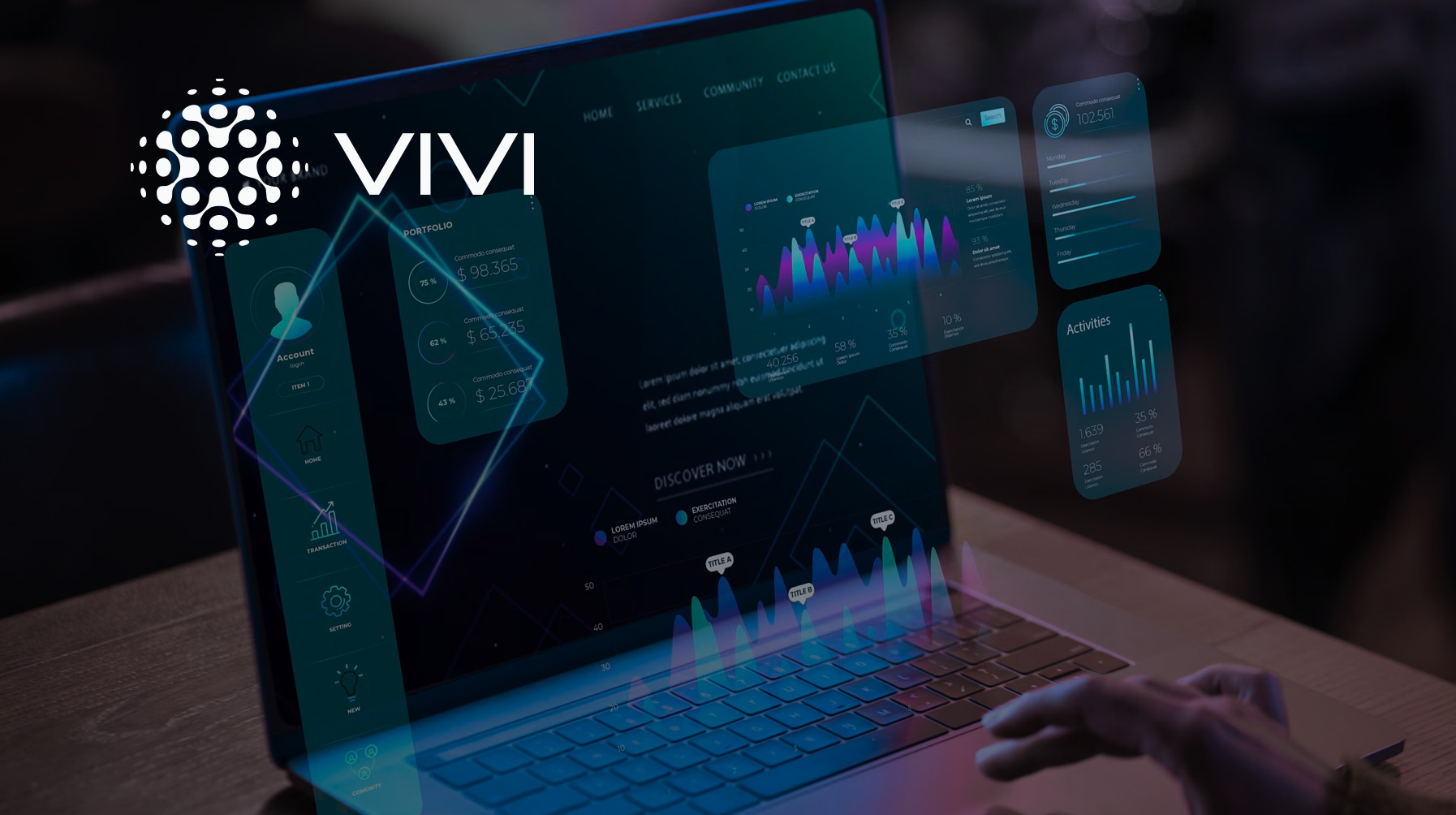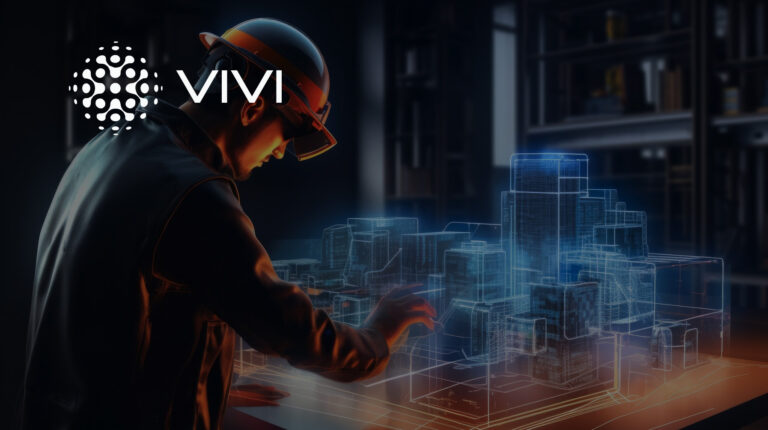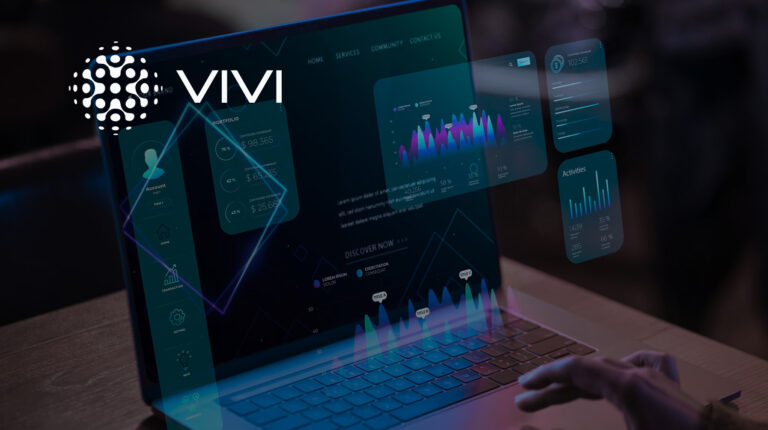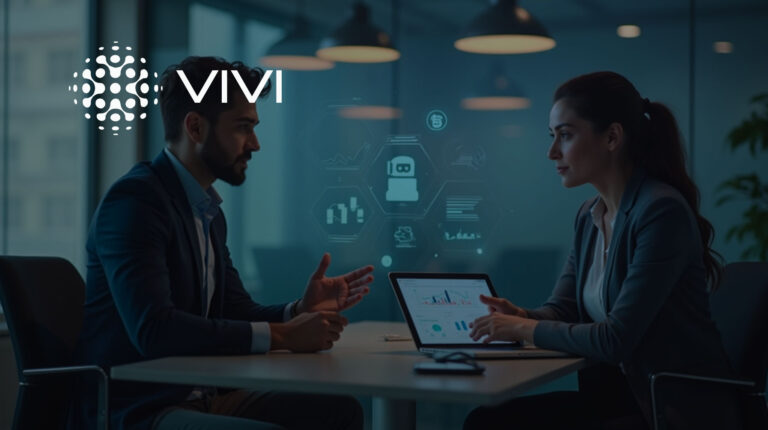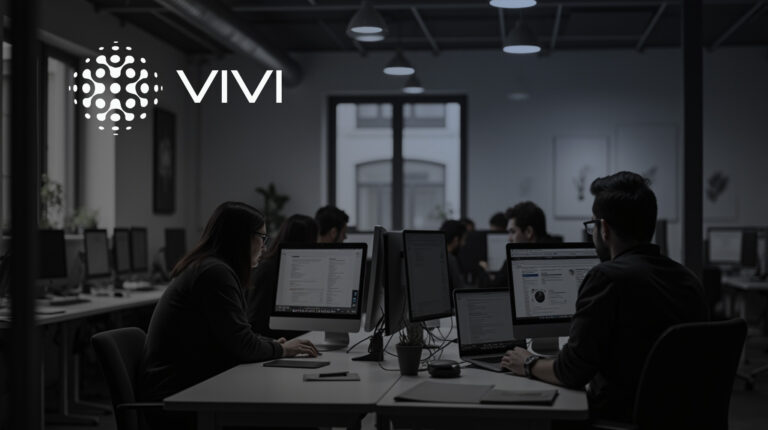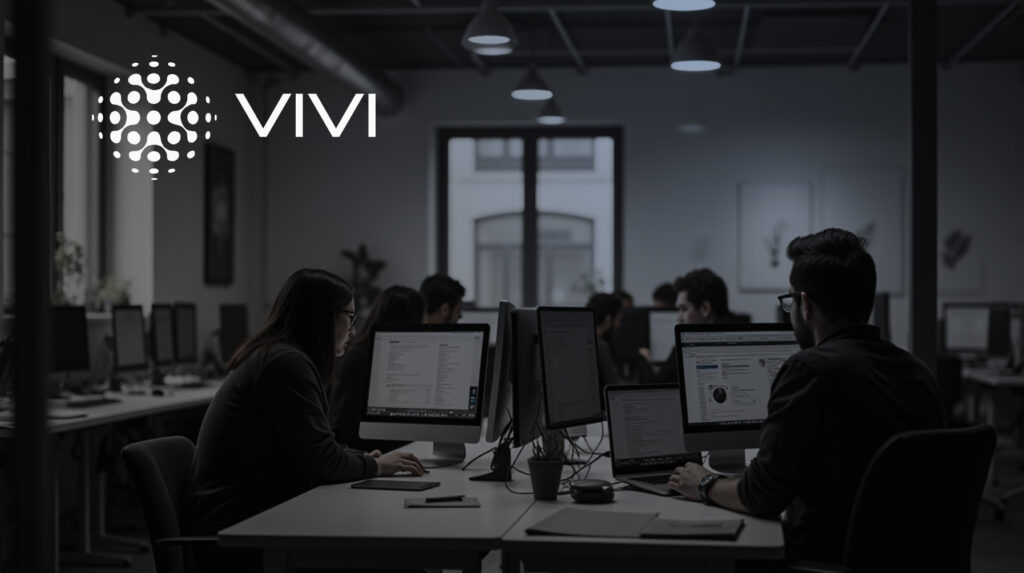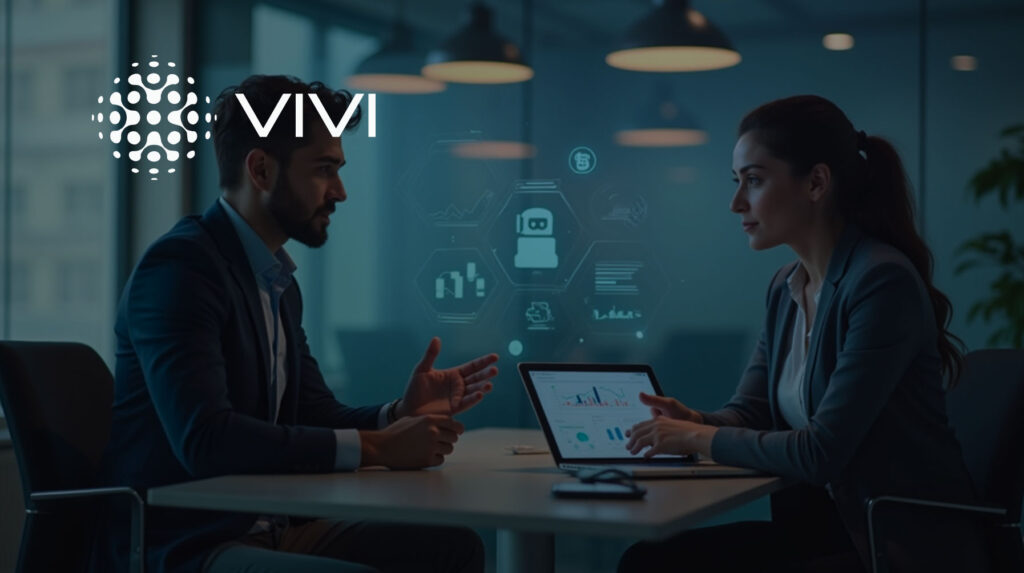AI Is Already Changing Business, But Let’s Be Real About It
AI in Business: The Buzz vs. Reality
If you’ve been paying attention, it feels like AI is everywhere. Some say it’s going to replace half the workforce. Others swear it’s the greatest tool ever invented. So, what’s the truth? Somewhere in the middle. AI isn’t magic—it’s math. And in finance, it’s already transforming how businesses make decisions, manage risk, and (let’s be honest) cut down on tedious paperwork.
How We Got Here
Not too long ago, AI was mostly just an idea—something for researchers and sci-fi movies. Then came automation, which took over basic, repetitive tasks. Now, we’re looking at machine learning, where AI doesn’t just follow rules—it actually learns from data. And businesses? They’re using it to analyze markets, predict trends, and get insights that would take humans days (or weeks) to figure out.
Machine Learning: The Finance Industry’s Not-So-Secret Weapon
Machine learning (ML) is what makes AI different from old-school automation. Instead of just following instructions, it improves over time. In finance, that’s a big deal.
Lending Just Got a Lot Smarter
Remember when getting approved for a loan meant some guy in a suit glancing at your credit score and making a decision? AI does it differently. It looks at spending habits, transaction history, even behavioral trends to assess risk. That means fewer bad loans for banks and (in theory) fairer lending for borrowers.
Investing? AI Does It Faster
Financial analysts have spent decades studying market trends, reading reports, and making educated guesses. Now, AI scans global markets in real-time, spots patterns, and flags risks before most humans even wake up. Hedge funds and investment firms are already using AI to optimize portfolios—and outperform human analysts.
AI Knows What You Need Before You Do
Ever notice how your bank or investment app seems to recommend the perfect product at just the right time? That’s AI analyzing your financial behavior. It’s not creepy (okay, maybe a little)—it’s just how personalized finance works now.
No More Drowning in Spreadsheets
Financial pros used to spend hours crunching numbers and running reports. AI handles that now, freeing up teams to focus on strategy instead of sorting through data manually.
Why AI Isn’t Just Useful—It’s Becoming Non-Negotiable
Efficiency Like Never Before
AI doesn’t need coffee breaks. It works 24/7, automating customer service, streamlining transactions, and handling back-end operations so businesses can move faster and smarter.
Smarter, Data-Driven Decisions
Businesses that rely on gut feelings? They’re losing to those using AI-powered insights. AI processes millions of data points instantly, flagging trends and risks before human teams even have time to schedule a meeting about it.
Cutting Costs Without Cutting Corners
AI reduces overhead by automating everything from customer service to fraud detection. That means businesses can save money while still improving accuracy and efficiency.
AI Is Making Customer Experience Smoother
Chatbots, personalized recommendations, instant loan approvals—AI is behind the scenes making things seamless. The companies using AI well? They’re keeping customers happy and coming back.
Why Some Businesses Are Still Holding Back
Data Privacy & Security: The Elephant in the Room
AI needs data, and lots of it. But who owns that data? And how secure is it? Businesses have to be careful with AI implementation—one security breach can destroy trust overnight. It’s why we built VIVI on Microsoft Azure OpenAI.
Old-School Systems Don’t Play Well With AI
A lot of businesses are still running on legacy systems that weren’t built for AI. That makes integration a challenge, but cloud-based solutions are helping bridge the gap.
Bias in AI: It’s a Real Problem
AI learns from historical data, and if that data is biased, so are the decisions AI makes. Companies need to actively monitor and refine AI models to ensure fairness.
Jobs Are Changing—But Not Disappearing
AI isn’t taking all the jobs. It’s changing them. Repetitive, manual tasks are disappearing, but human creativity, strategy, and problem-solving? AI can’t replace those. Companies that invest in upskilling their workforce will be the ones that thrive.
The Future of AI in Business: What’s Next?
AI Will Keep Automating the Boring Stuff
Data entry? Gone. Manual reporting? See ya. AI will continue to eliminate tedious tasks, letting businesses focus on strategy and customer relationships.
Personalization Will Get Even More Precise
If you think AI is good at personalizing experiences now, just wait. Soon, it’ll be predicting customer needs even before they do.
Predictive Analytics Will Become a Must-Have
Companies using AI to anticipate market trends will dominate their industries. Those that don’t? They’ll be stuck reacting while their competitors move ahead.
AI & Sustainability: Smarter Business, Less Waste
AI isn’t just about making money—it’s also helping businesses go green. From optimizing energy use to reducing waste, AI is playing a role in sustainability efforts across industries.
Final Thoughts: AI Isn’t a Trend—It’s the New Normal
AI isn’t optional anymore. Businesses that embrace it will work smarter, save money, and deliver better customer experiences. Those that don’t? They’ll struggle to compete. The key is smart, ethical adoption—using AI to enhance human work, not replace it. The companies that figure this out won’t just survive—they’ll lead the way.



